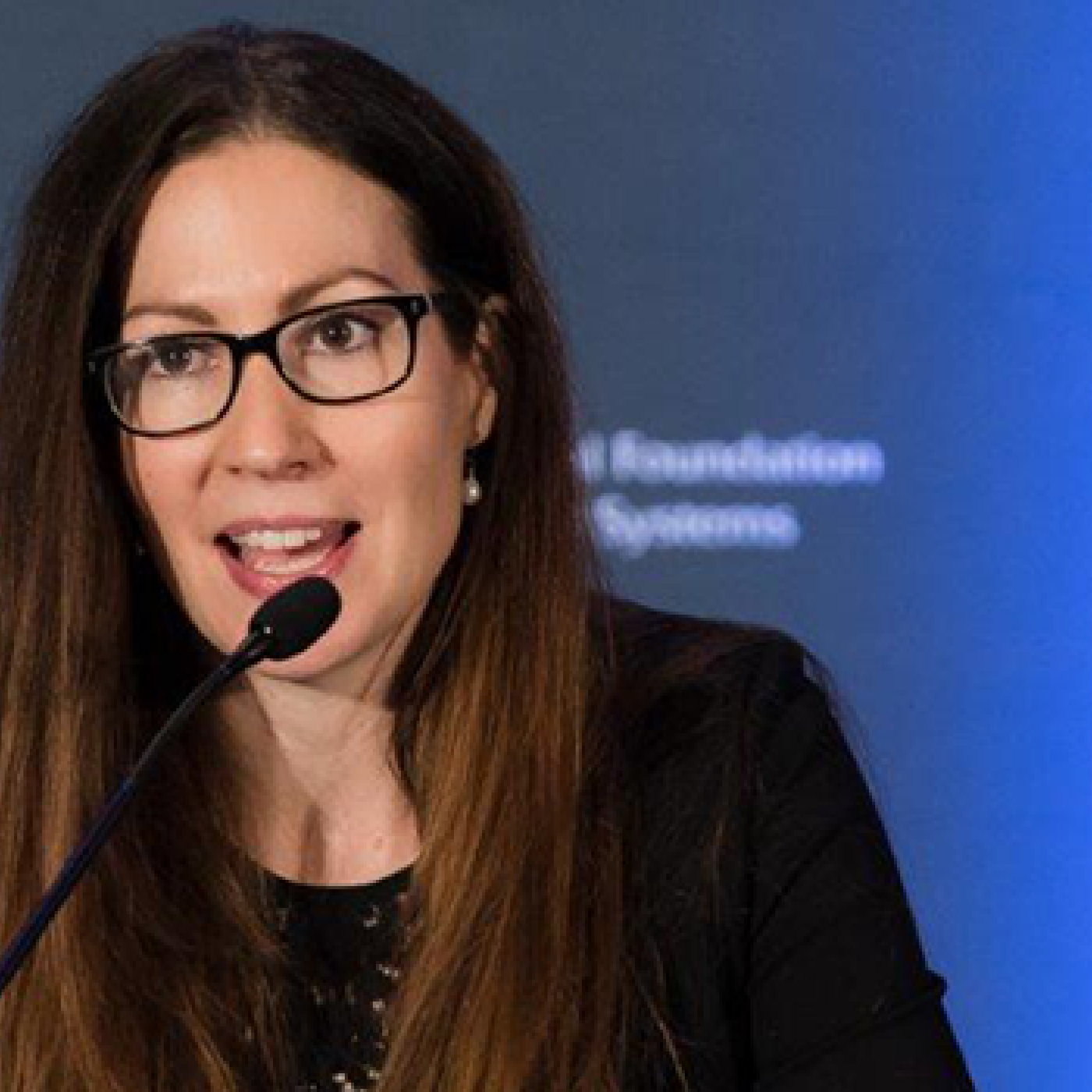Tools & Resources
Filter by
Type
Publication date
Language
Type
Publication date
Language
News & Updates
Feature
COVID-19 Corruption: Key Risks to Democratic Institutions
Public corruption is like a thread that, if pulled, can undermine the entire democratic tapestry. Crisis situations like the COVID-19 pandemic magnify existing vulnerabilities and create new opportunities for personal or political gain.
News & Updates
Feature
The Legal Quagmire of Postponing or Modifying Elections
Amidst the uncertainty of COVID-19, many countries are grappling with how to modify election procedures to minimize the risk of transmission or change the system for voting completely to avoid the need for voters to go to the polls. While important and often necessary, these decisions are far from simple. IFES has compiled a list of legal elements to consider in relation to election postponements and modifications.
News & Updates
Feature
Emergency Powers and the COVID-19 Pandemic: Protecting Democratic Guardrails
Without a strong foundation for democratic resilience, a global health crisis can shock democratic institutions and offer a blank check to governments to use emergency powers to curtail political rights. IFES has identified four indicators that help to understand whether state actions during this time are “limited to the extent strictly required by the exigencies of the situation.”
News & Updates
Feature
#UnitedAgainstCorruption with Local Partners in Southern Europe
Ahead of International Anti-Corruption Day, IFES and the Central and Eastern European Law Initiative Institute met with local partners from Bulgaria, Montenegro and Romania to discuss the implementation of international anti-corruption recommendations in their respective countries.
Publication
Report/Paper
Beyond Constitutional Reform to Elections: Libya Electoral Legal Framework Analysis
Libya has since been undergoing a democratic transition since protests erupted in February 2011, and the legal framework for elections has been extremely fragmented throughout the transitional period. An analysis from IFES considers the foundations for future elections and what can be done to strengthen the legal framework on which Libyan democracy rests.
November 29, 2019
News & Updates
Feature
Photo Gallery: Elections in the Special Municipality of Saba in the Caribbean Netherlands
IFES Director of Research and Technical Leadership Erica Shein and Senior Legal Advisor Katherine Ellena travelled to Saba, a special municipality in the Caribbean Netherlands, for the March 20 elections for Island Council and the Netherlands Senate Electoral College.
News & Updates
Feature
Women of IFES: Q&A with Katherine Ellena
IFES’ leadership in the field is comprised of a cadre of women professionals with firsthand experience administering elections in every region of the world. In this Q&A, IFES Legal Advisor Katherine Ellena reflects on her experiences in the field, discusses the importance of legal reform and review in elections and provides advice for young professionals interested in international development.
News & Updates
Feature
IFES' Approach to Supporting Indigenous Political Rights
To better inform policy discussions, IFES facilitates comparative research and dialogue on challenges and innovation in elections and the rights of indigenous peoples. IFES also assists countries to meet United Nations Declaration on the Rights of Indigenous Peoples standards by holding inclusive national and local elections that respect language and traditional political institutions and practices.
News & Updates
Feature
Disinformation and Social Media in Elections: A Conversation with Justice José Luis Vargas Valdez
Social media offers tangible benefits to democratic discourse but also presents considerable challenges. On February 28, IFES held an event on Capitol Hill focused on emerging approaches to disinformation and social media in elections.
News & Updates
Feature
Accompanying Sri Lankan Electoral Institutions Toward Successful Reforms
IFES' ongoing work in Sri Lanka, through which it partners with the Election Commission to strengthen transparency, electoral integrity and inclusion in the democratic process, demonstrates four strategies that anchor electoral reform initiatives in local priorities, international standards and comparative examples.













